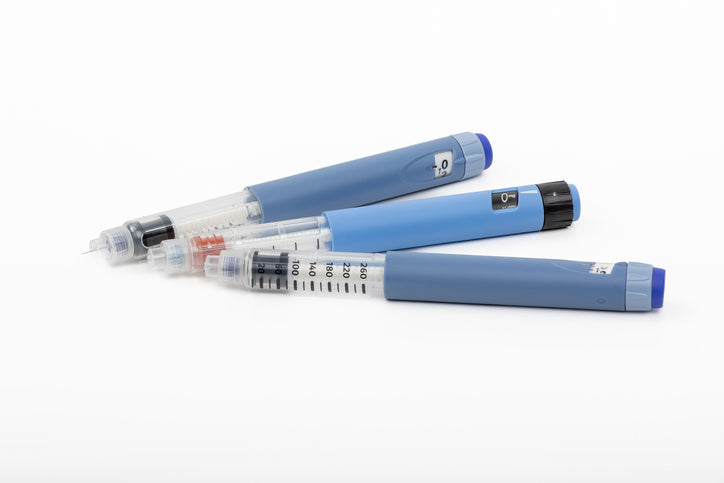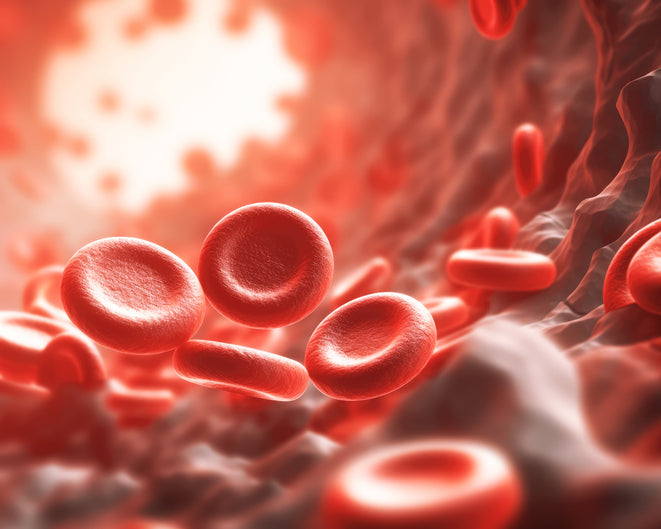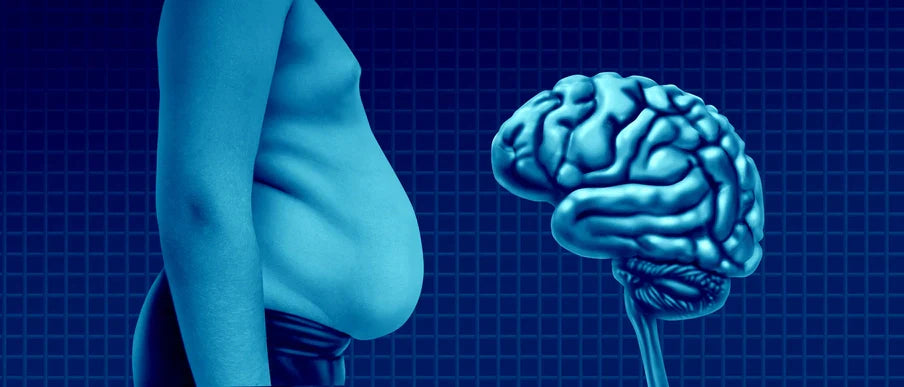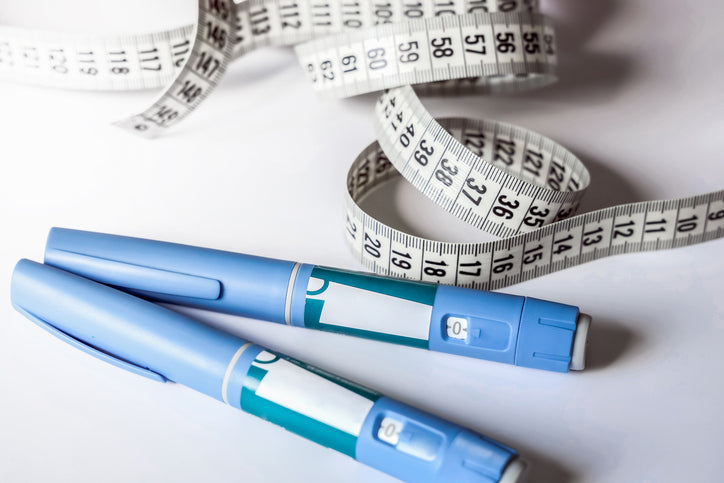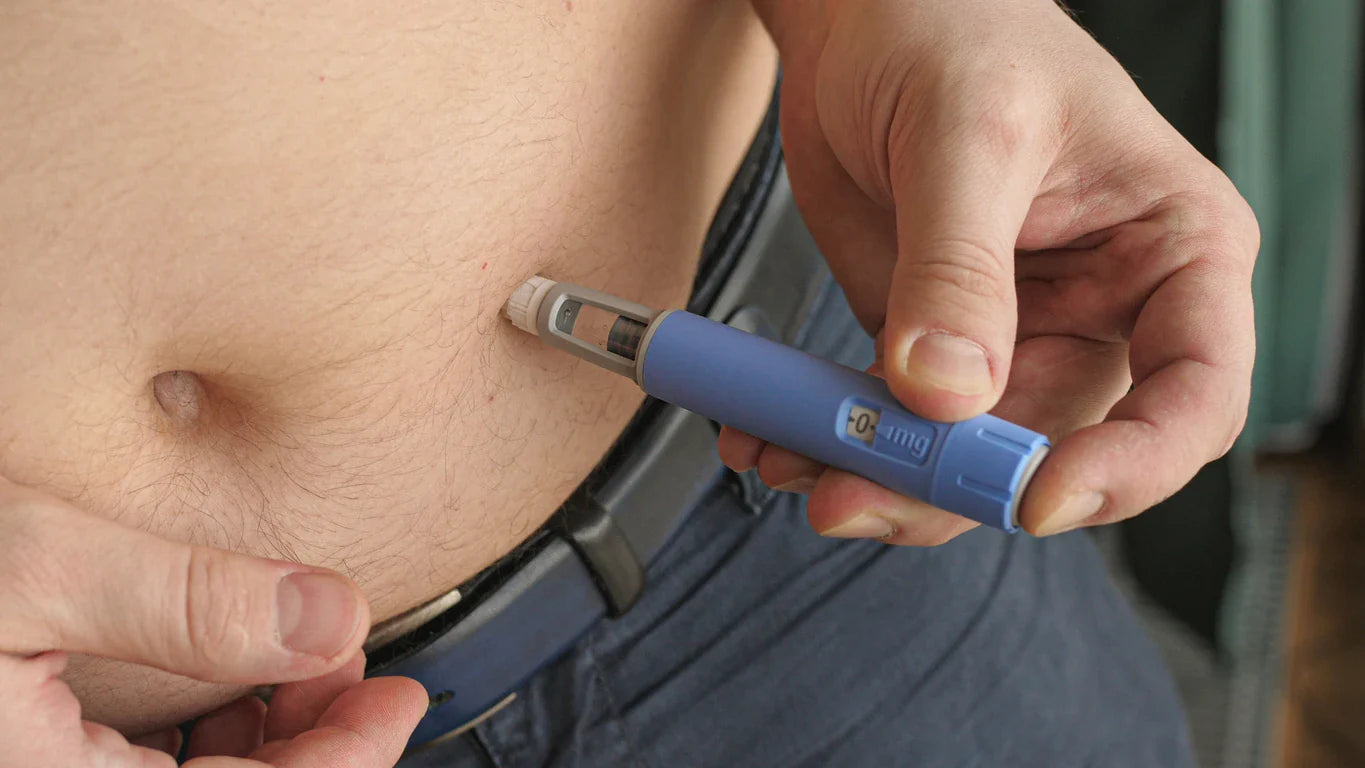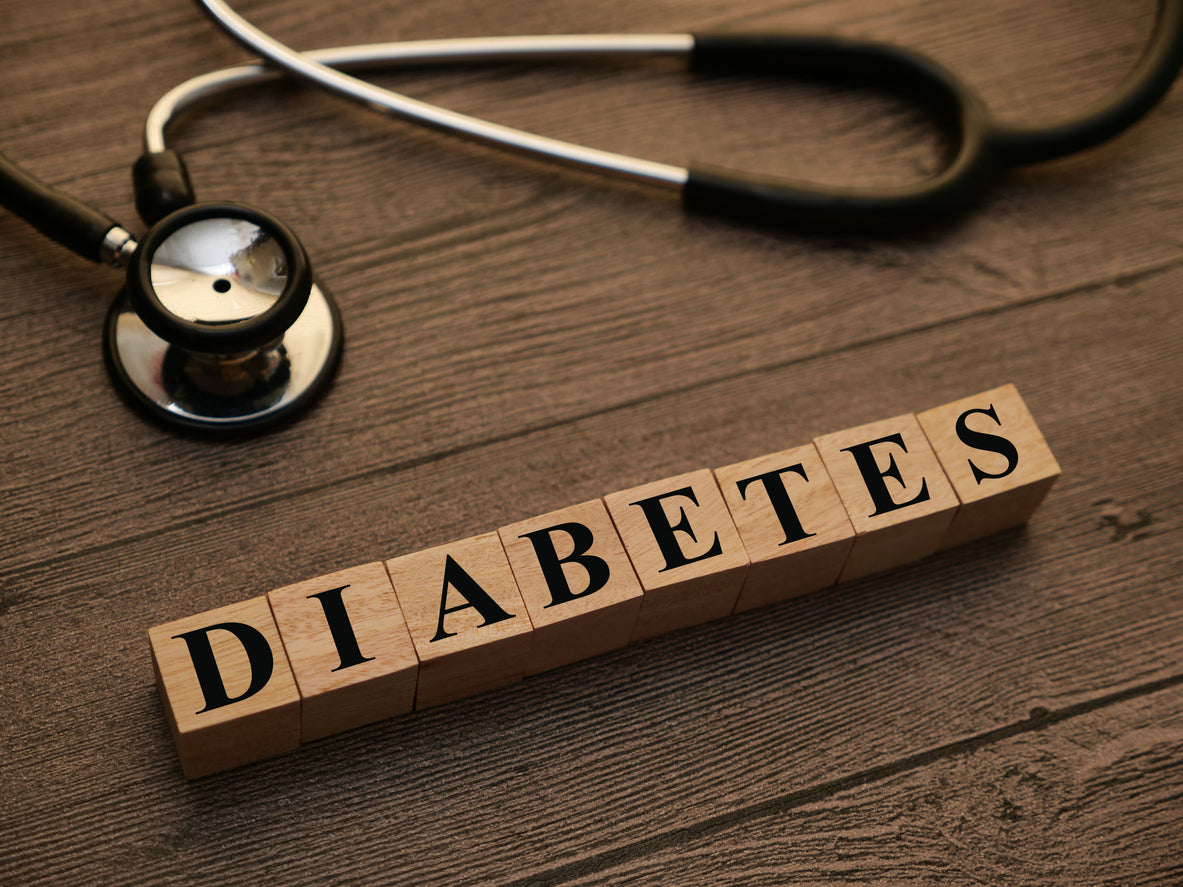Bariatric surgery, including procedures such as gastric bypass and gastric sleeve, is recognized as an effective intervention for treating severe obesity. However, surgery is only one part of a broader weight loss strategy, where nutritional management before and after the operation plays a crucial role.
A well-structured nutritional plan can not only enhance short-term results but also support long-term health and weight maintenance. This article provides a comprehensive insight into how nutrition and bariatric surgery work together to ensure successful weight loss, based on clinical experiences and the latest research.
Criteria for Bariatric Surgery in Denmark
To be a candidate for bariatric surgery in Denmark, certain criteria set by the Danish Health Authority must be met. These criteria ensure that the patient will benefit from the procedure and can adhere to the necessary lifestyle changes afterward.
Private Patients:
Patients who pay for their surgery privately follow international guidelines for obesity surgery, based on scientific studies and clinical experience:
- BMI: A Body Mass Index (BMI) of 35 or above, or a BMI of 30 or above in cases of type 2 diabetes.
- Age: The patient must be over 18 years old.
- Previous weight loss attempts: The patient must have attempted weight loss through conventional methods, such as dietary changes and physical activity, for at least six months without success.
Publicly Funded Patients:
For patients seeking publicly funded surgery, there are additional requirements, which were updated in 2017 to align with international standards. However, regional health authorities have introduced additional criteria, often requiring that patients have developed weight-related comorbidities.
- BMI: BMI > 35 kg/m² and at least one obesity-related disease, such as type 2 diabetes, hypertension, or sleep apnea.
- Weight loss requirement: The patient must achieve a minimum weight loss of 8% before surgery.
- Age: Typically, patients must be between 18 and 50 years old, although exceptions can be made based on individual evaluations.
- Health condition: The patient must be in a stable health condition that allows them to undergo major surgery.
Contraindications for Bariatric Surgery
Bariatric surgery is not suitable for everyone. Several contraindications may exclude a patient from being operated on. These conditions include:
- Severe mental health disorders: Untreated psychiatric conditions, including eating disorders, can make it difficult to adhere to the necessary lifestyle changes post-surgery.
- Alcohol or substance abuse: Active abuse increases the risk of postoperative complications and can negatively impact long-term outcomes.
- Severe medical conditions: Untreated diseases, such as severe heart or lung disease, can make the surgery too risky for the patient.
- Inability to follow up: The success of the surgery depends on the patient’s ability to attend regular follow-up appointments and adhere to necessary dietary and lifestyle changes.
Nutritional Preparation Before Bariatric Surgery
Before undergoing bariatric surgery, it is essential that the patient follows a specific nutritional plan to optimize the surgery and reduce the risk of complications. One of the most common approaches in this preparatory phase is a Very Low-Calorie Diet (VLCD) or Total Diet Replacement (TDR). This type of diet reduces the fat content in the liver, making the surgery easier to perform.
Studies have shown that a VLCD can reduce liver volume by up to 20%, which is a crucial factor in ensuring a safer operation. VLCD products, such as shakes, soups, and hot meals, ensure a low calorie intake while maintaining all essential nutrients, including vitamins and minerals.
Postoperative Nutrition: Healing and Health
After bariatric surgery, nutrition is crucial for healing, weight loss, and maintaining a healthy body. The postoperative nutritional plan is divided into several phases, helping the body adapt to the new stomach structure:
- Liquid diet (week 1): Immediately after surgery, patients consume clear liquids to minimize strain on the stomach.
- Soft/puréed diet (weeks 2-3): After about a week, the patient can begin to consume soft and puréed foods, which are gentle on the stomach.
- Solid food (week 4): After approximately four weeks, patients can gradually reintroduce solid foods, focusing on small portions of protein-rich meals.
Protein: A Key Component in Postoperative Nutrition
Adequate protein intake is essential for success after bariatric surgery, as it helps preserve muscle mass and supports the body’s healing process. Research shows that protein-rich diets not only promote healing but also improve weight loss outcomes and reduce the risk of complications. Patients who use VLCD products can easily meet their protein targets without exceeding the strict calorie limits.
Preventing Micronutrient Deficiencies
After bariatric surgery, a patient’s ability to absorb certain nutrients may be reduced. Therefore, it is essential to monitor the intake of micronutrients such as calcium, iron, vitamin B12, and vitamin D. A 2018 study highlights the importance of regular blood tests and dietary supplements to prevent deficiencies and ensure the patient’s long-term health.
Long-Term Weight Maintenance
After the initial weight loss phase, the challenge becomes maintaining the weight loss. This requires ongoing efforts in the form of lifestyle changes and a structured nutritional plan. A healthy diet rich in vegetables, whole grains, and lean proteins is central to long-term success.
The Synergy between VLCD and Bariatric Surgery
The combination of bariatric surgery and a VLCD can enhance both short- and long-term results. VLCD products can be an effective way to prepare the body for surgery, but they also play a role after surgery. These products provide an easy and nutritionally balanced way to ensure adequate protein intake while keeping calorie intake low.
By working closely with clinical dietitians, patients can ensure that their nutritional plans are tailored to their individual needs. This is crucial for achieving success in both weight loss and long-term health.
Sources:
- Impact of Preoperative Very Low-Calorie Diet on Liver Volume Reduction and Perioperative Outcomes in Bariatric Surgery. Obesity Surgery, 2016.
- Protein Intake and Weight Loss after Bariatric Surgery: A Systematic Review. Obesity Reviews, 2017.
- Nutrient Deficiencies after Bariatric Surgery: Why They Happen and How to Prevent Them. Clinical Diabetes and Endocrinology, 2018.
- Long-Term Outcomes of Bariatric Surgery: A Systematic Review. Analysis of Surgery, 2019.











